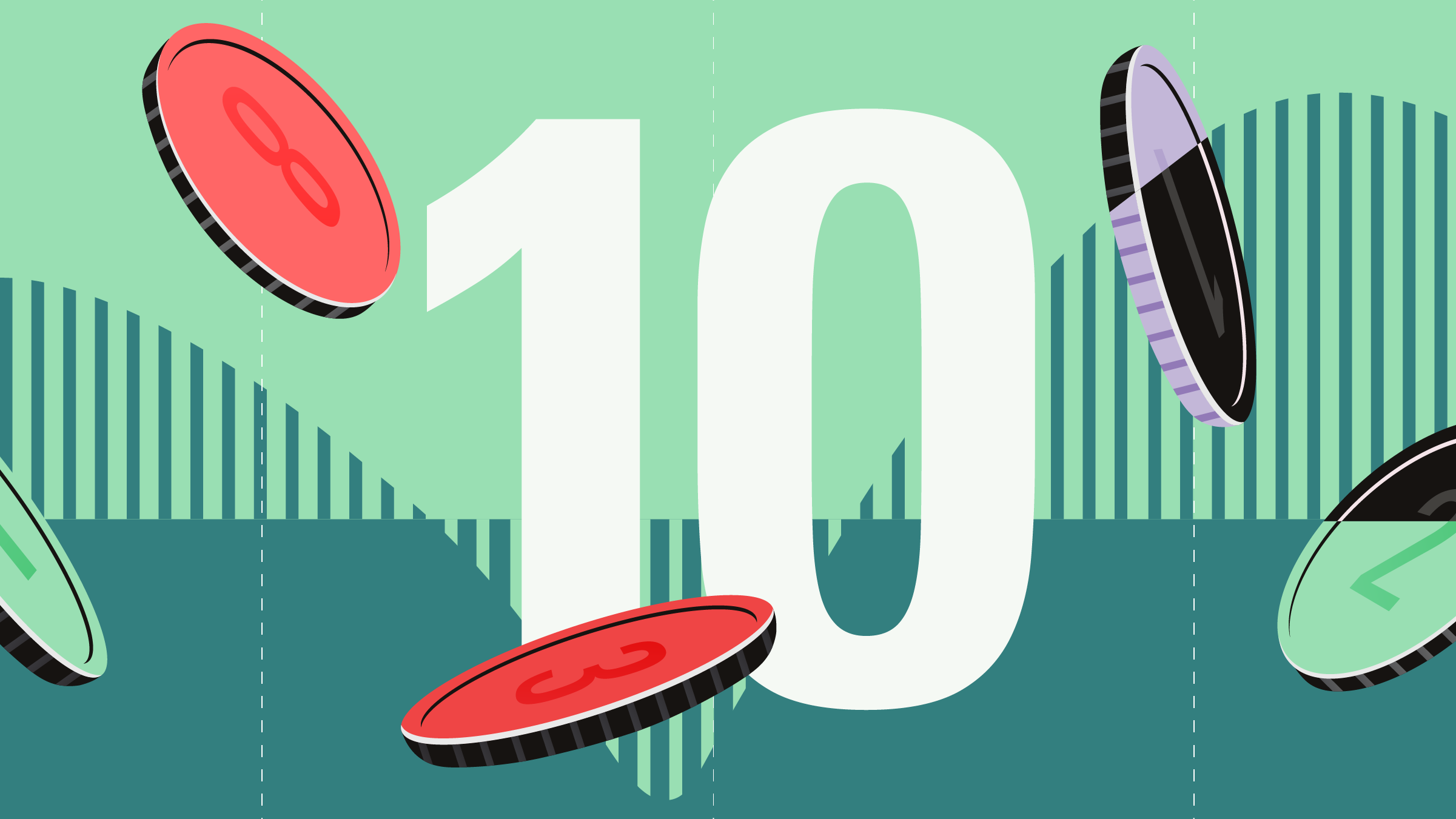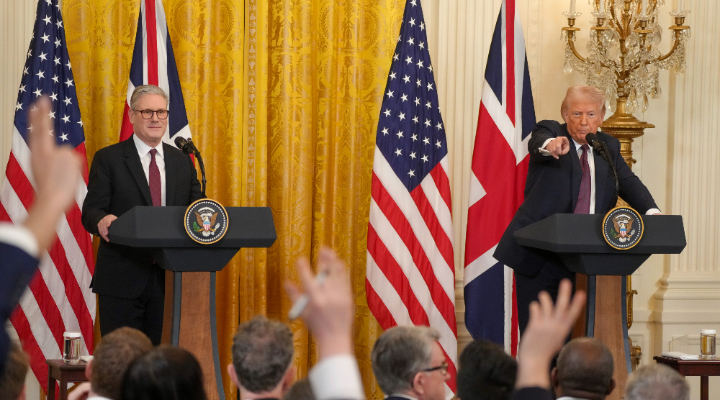The Greeks refused to be bullied out of their decision to elect an anti-austerity party and we have waited for a week for the bombs to go off. We are still waiting. It looks like a long stretch in the bunker.
Greece’s new prime Alexis Tsipras has remained remarkably quiet since forming a government with partners who agree on only one issue, and that is to end austerity. Such unity is so fragile that it will constantly be in danger of breaking – though many people said that of the UK’s coalition government and that has lasted five years.
There have been a few warning shots from the European Union that Greece will be thrown out of the euro and left to fend for itself but the whole history of the EU and its predecessors has been to hold everything together at all costs. We are told that Greece will not be allowed to partially default on its debts, yet it has already done so once and got away with it.
The odds still favour keeping Greece in the fold, with a fudge acceptable to both sides. If that happens, stock markets will soar in the short term before reaching the next crisis. If Greece is ejected from the euro then stock markets will plummet temporarily, presenting a great buying opportunity for shares.
The FTSE 100 has stood up very well to the uncertainty, getting back above 6,800 points this week, but investors should remember that Europe’s considerable problems have not gone away. I stick to my long held view that investors should buy on any dips while markets are erratic but not chase shares when they rise strongly.
The Mobile Phone Wars
BT (BT.A) is in the thick of the telecommunications battle as the markets consolidate and the remaining players seek to have a finger in every pie. As soon as it gets back into mobile phones, which it will do soon, it will be one of the strongest players around.
Third quarter results to the end of December are reassuring, with profits still showing double digit growth and cash flowing in.
The one blot is that the pensions deficit has doubled, a direct result in pension funds investing in supposedly safer gilts and bonds rather than shares. The deficit of £7 billion is frightening, as is the £1.5 billion that BT will inject into the fund in April. However, over the next three years BT will be putting less into the pot than it has done in the past three years, a reflection of the nonsense that has overtaken the way pension funds and run and are valued these days.
BT shares have had a good run since mid-October when they bottomed at 360p, and they added 40p to 430p in the second half of January ahead of the results. It was inevitable that they would run into profit taking but shareholders should hold firm. The dip is an opportunity to buy, not a reason to panic.
Flight of Fancy
News that Qatar Airlines has taken a stake of almost 10% in IAG (IAG), the parent company of British Airways, was expected to send IAG’s already flying shares up by 5%. When the London Stock Exchange opened after the announcement, IAG did indeed rise, but by only 2%, and even that boost soon petered out. The chance to take profits was shortlived.
It is true that taking 10% of a company’s shares out of circulation will help to prop up the share price, since it shifts the balance between buyers and sellers, but it is hard to see what else is in it for IAG shareholders. Qatar will not be allowed, under EU rules, to make a bid for IAG and it is already part of the Oneworld Alliance led by IAG.
Airlines will continue to benefit from low oil prices but share price performance, at BA in the past, and now at IAG, has been erratic. The shares are highly cyclical. Watch for further chances to take profits.
Rodney Hobson is a long-term investor commenting on his own portfolio; his comments are for informational purposes only and should not be construed as investment advice. His views are not the views of Morningstar UK.





























